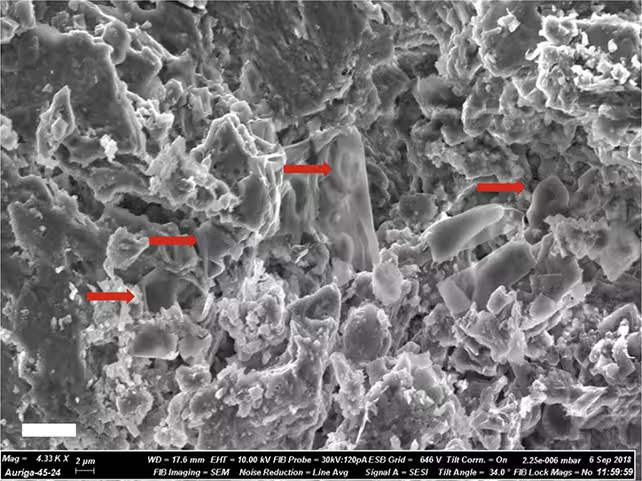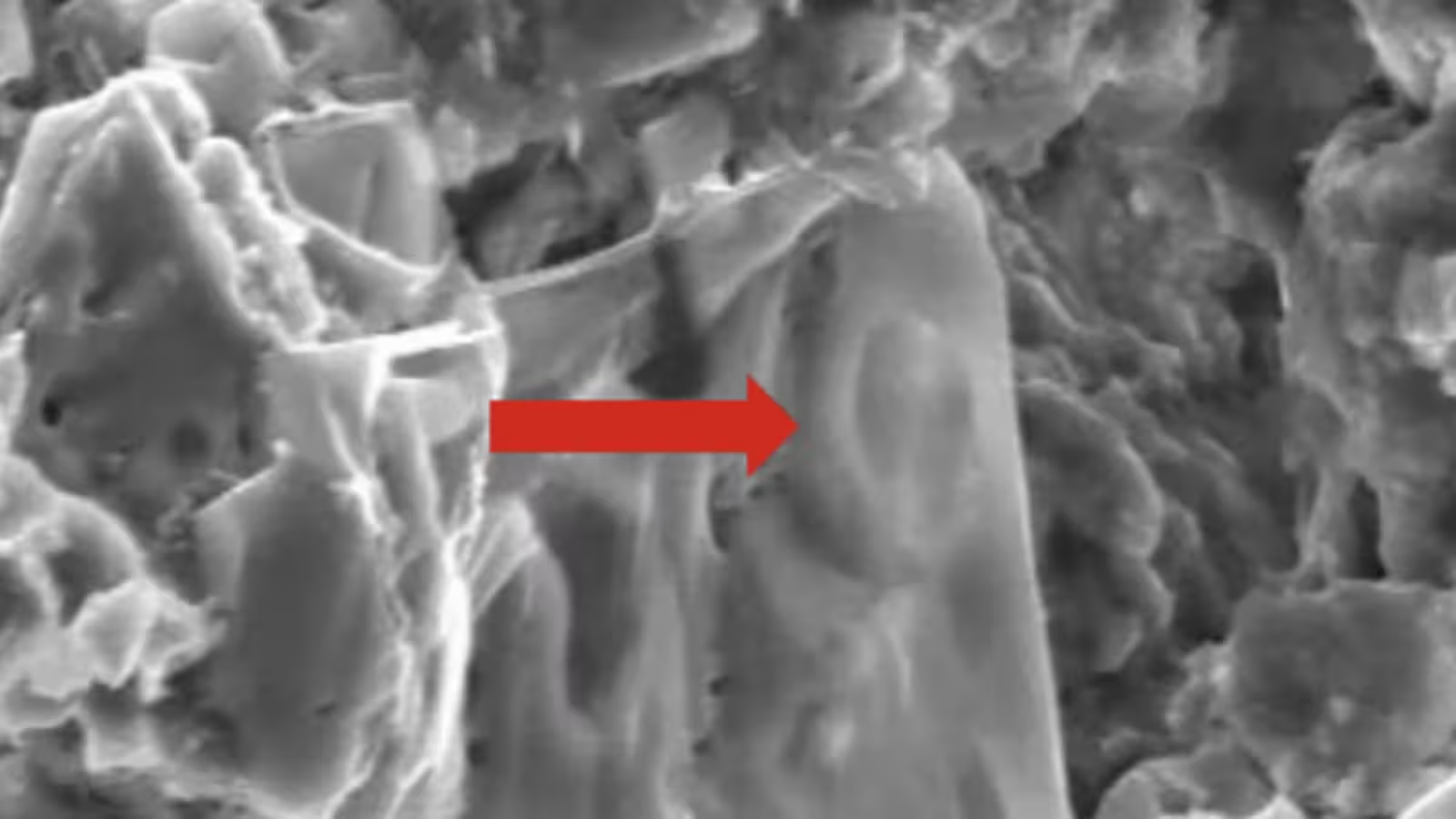3 Minutes
For decades, the fields of paleontology and cancer research have seemed unrelated, each focused on timelines separated by millions of years. However, groundbreaking research has now bridged these disciplines, revealing that the secrets of dinosaur fossils could provide transformative insights into cancer biology and its treatments for humans today.
A collaborative study involving scientists from the United Kingdom and Romania has unveiled evidence of cancer in the fossilized remains of Telmatosaurus transsylvanicus—a small, marsh-dwelling dinosaur that lived approximately 66 to 70 million years ago in what is today Romania. Using advanced microscopy, researchers identified preserved structures similar to red blood cells, or erythrocytes, embedded within soft tissue next to a tumor in the dinosaur's jaw. This remarkable preservation hints that more soft tissues may survive fossilization than previously believed, opening up unparalleled opportunities to explore the diseases that afflicted these ancient reptiles.
Scientific Context: Preserved Soft Tissue and Disease Mechanisms
Unlike bone alone, soft tissues encapsulate proteins that store crucial molecular information. This can reveal how diseases like cancer developed and functioned in long-extinct species. According to Professor Justin Stebbing, an oncologist at Anglia Ruskin University, “Soft tissues retain proteins that can offer a window into the underlying biological processes of disease. These studies introduce novel methods that could lead to discoveries benefiting human health.”
The Telmatosaurus specimen in focus displayed an ameloblastoma—a tumor type still diagnosed in human patients today. By analyzing proteins from calcified tissues, scientists can chart how cancer mechanisms evolved across vast timescales. Because proteins are more durable than DNA, particularly in fossilized bone, they offer a rare molecular record, relatively shielded from degradation and contamination, ideal for reconstructing ancient pathologies.

Key Findings: Implications for Modern Cancer Research
The discovery of preserved soft tissue in dinosaur fossils strongly suggests that long-extinct animals may have developed evolutionary adaptations to cancer—similar to strategies observed in elephants and whales, which possess genetic mechanisms guarding against tumor growth. Understanding such adaptations from Earth's distant past may lay the groundwork for innovative cancer therapies or preventive methods.
However, the future of such research relies on the meticulous preservation of rare paleontological specimens. As Professor Stebbing notes, "Dinosaurs, as large, long-lived creatures, present a unique chance to investigate the evolution of cancer resistance over millions of years. Coordinated fossil conservation is vital so that future scientists can apply cutting-edge molecular techniques to ancient tissues."
Future Prospects: From Fossil Records to Clinical Insights
This landmark study emphasizes the potential of integrating paleontology and modern medicine. Unlocking the molecular secrets of fossilized dinosaur tissues might one day illuminate how genetics, environmental factors, and evolutionary pressures shaped cancer in both prehistoric eras and contemporary times. As analytical technologies continue to advance, preserved biological materials from the distant past will play a pivotal role in unraveling the complex origins and defenses against cancer.
Conclusion
The unexpected discovery of cancer in dinosaur remains is transforming our understanding of how this disease has evolved. By leveraging fossilized soft tissue, scientists are opening a new frontier in cancer research that may ultimately enhance prevention, diagnosis, and treatment strategies for humans. Preserving and studying these rare ancient samples not only deepens our knowledge of prehistoric life but also holds profound implications for addressing one of humanity’s most persistent health challenges.
Source: doi



Comments